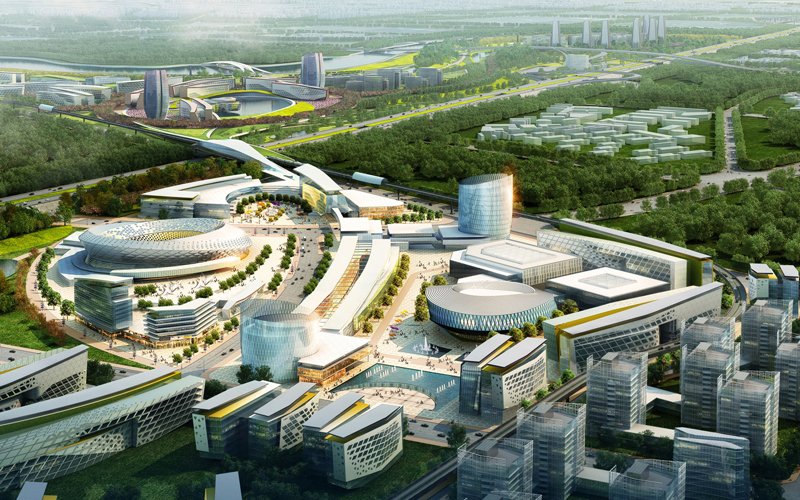As many people are already aware, the Internet of Things is going to have an incredible impact on our world. Writing for Tech Vibes, Rick Delgado (2015) describes this technology as “revolutionary”. That is because the Internet of Things is creating a virtual world that will impact the way we go about our lives in the not too distant future. As Delgado explains:
“Depending on the source, some estimates put the number of internet-connected devices anywhere from 40 billion to 80 billion by the year 2020.”
Internet of Things and augmented realities
This has the potential to create augmented realities. That is because the Internet of Things will connect up many different day to day objects to the Internet. You might wonder why your fridge should be connected to the Internet – I mean, what would be the point? Yet when you consider that the information that your fridge can provide the Internet, and subsequently you, about the freshness of your eggs can help advise you when you need to buy new ones, you maybe start to see a teeny element of the advantage. This Internet of Things activity is achieved by putting sensors into these day to day objects so that they can communicate, and it is in this way that a virtual world is created. Interacting with this world is the aspect of the Internet of Things that really has the potential to change our lives.
It is not just communication that will be going on with the Internet of Things. One of the big changes is that our things will be monitoring us and collecting data about us. Things that are hooked up to the Internet in this way through sensors will be able to gather data related to us and how we interact with these things, and this can be used in a variety of interesting ways. The Internet of Things is then able to get a clear picture of the person, and a virtual profile starts to emerge for those that use it. In a sense you can see how this creates virtual people in a virtual world. From this information the Internet of Things can help to respond to the needs of the users before they are even really aware of them. This is achieved by using the virtual profile of the person and predictive analytics to help understand the needs.
For example, if there are thermostats connected to the Internet of Things, these can keep track of the temperature. If they also are aware from the virtual profile of how warm or cold the person likes the room to be then the temperature can be adjusted accordingly. This happens before the user even really senses that it is too hot or too cold in the room. Another example provided is that the Internet of Things could be used to monitor when a person is hungry before they really become aware of it. This is beneficial for business because this information could trigger restaurant offers to be displayed or alerted to the user on a smart phone. Of course, knowing the user’s data and consequently his or her preferences, the advertisements displayed will be those that are going to be of interest to the user. This personalised activity will be far more responsive than any that goes on at the current time.
Internet of Things and wearable technologies
Other aspects of the Internet of Things that are already emerging are wearable technologies that can monitor us. Google Glass did not become a popular and valued tool, but it can create a virtual environment that utilises voice recognition and gestures, among others. Other wearable technologies that will surely impact on the Internet of Things that are already emerging include Apple Watch.
As can clearly be seen then, the Internet of Things will dramatically influence what we do and how we do it through the development of a world that is virtual. There is still some work to be done to get to this point since there is not yet any centralised platform where the items communicating could interact, but it is easy to see how the opportunities could pan out to change our lives. Whether it happens in the next couple of years or the next few decades, the virtual world is almost turning into a reality! Are you ready to embrace that ? The reality of the virtual ? Check out the following video:

Paula Newton is a business writer, editor and management consultant with extensive experience writing and consulting for both start-ups and long established companies. She has ten years management and leadership experience gained at BSkyB in London and Viva Travel Guides in Quito, Ecuador, giving her a depth of insight into innovation in international business. With an MBA from the University of Hull and many years of experience running her own business consultancy, Paula’s background allows her to connect with a diverse range of clients, including cutting edge technology and web-based start-ups but also multinationals in need of assistance. Paula has played a defining role in shaping organizational strategy for a wide range of different organizations, including for-profit, NGOs and charities. Paula has also served on the Board of Directors for the South American Explorers Club in Quito, Ecuador.


























